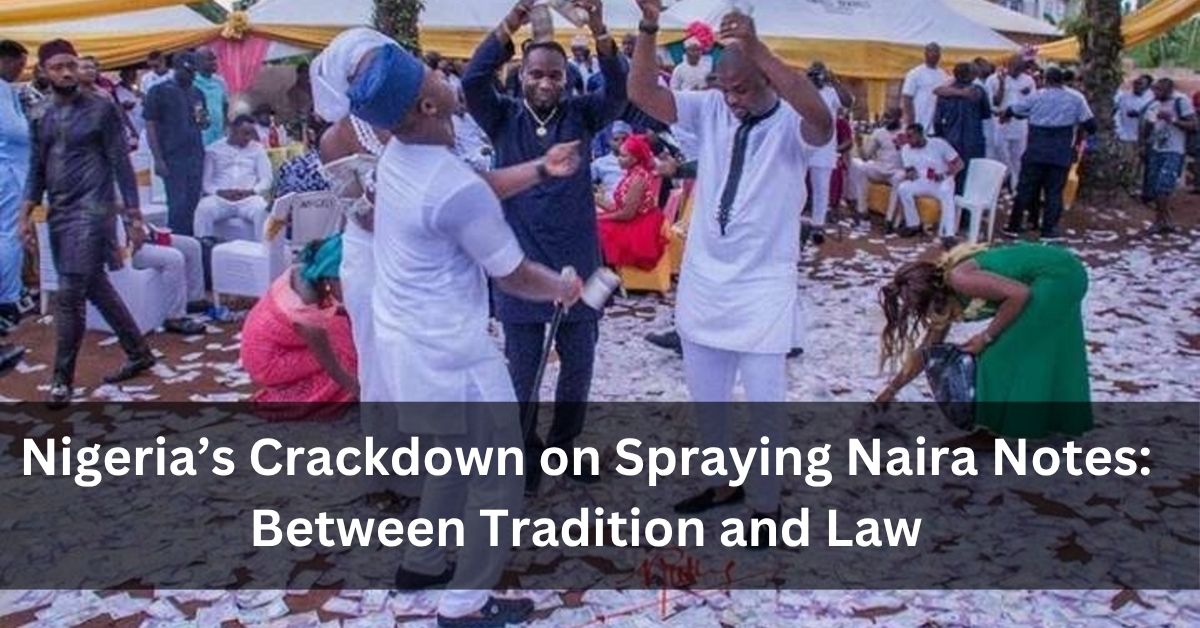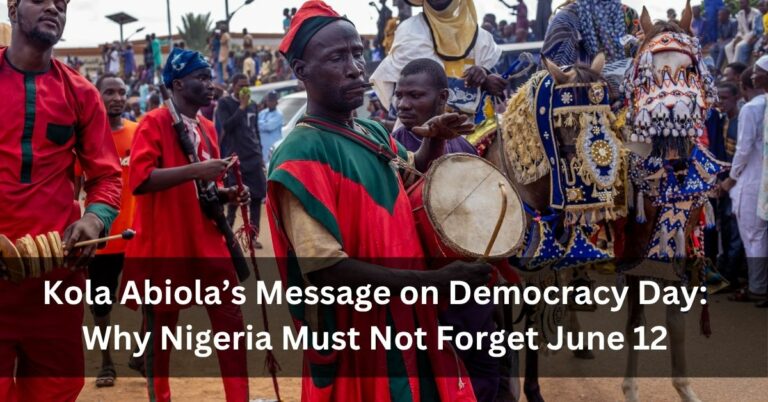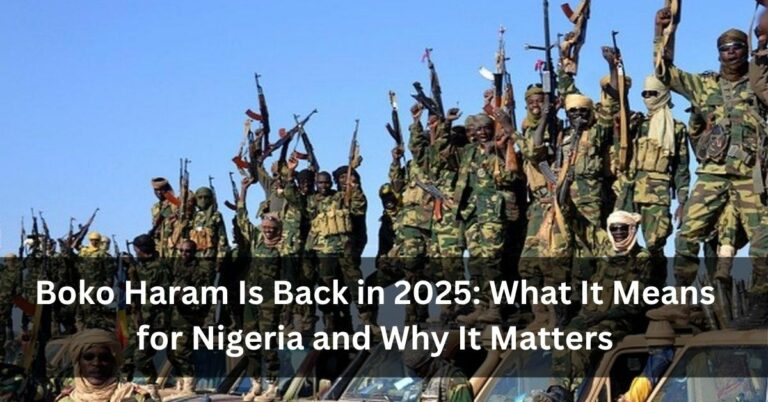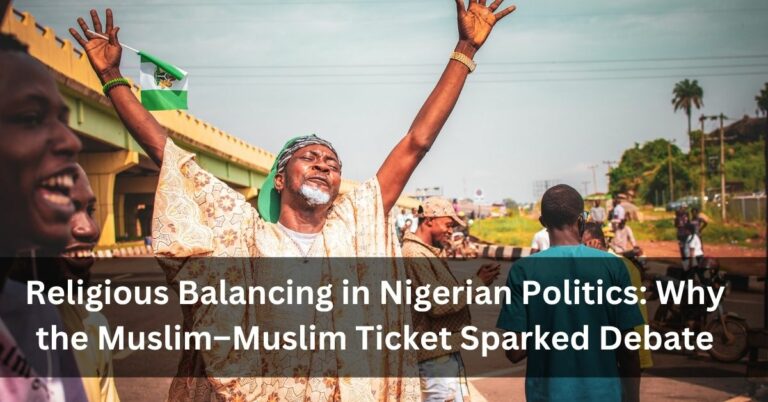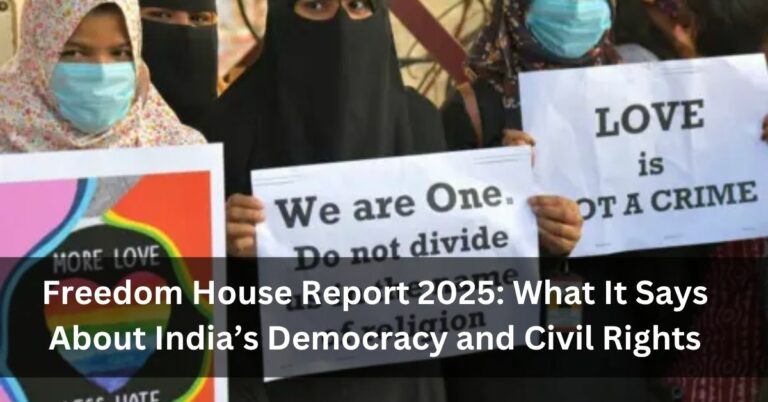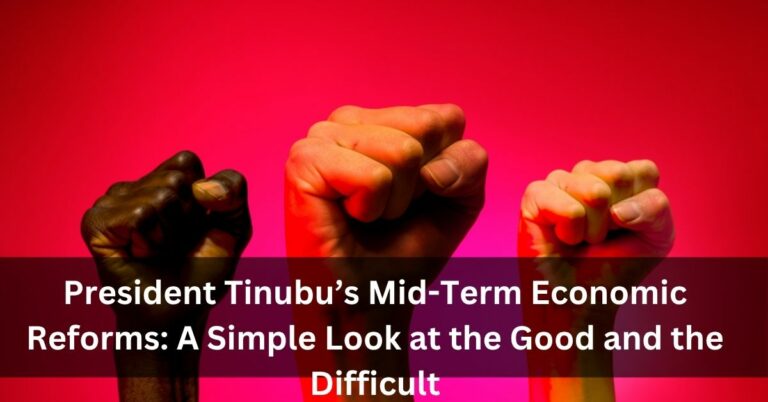Nigeria’s Crackdown on Spraying Naira Notes: Between Tradition and Law
In Nigeria, parties and weddings are big events. People dress well, eat well, dance, and most importantly—celebrate. One popular part of the celebration is called “spraying.” This means guests throw or place Naira notes (Nigeria’s currency) on the person dancing, often the bride or groom. It is seen as a way to show happiness and appreciation.
But this cultural act has now become a serious legal issue.
Why is Spraying Naira Notes a Problem Now?
Spraying notes in public has been going on for decades. For many Nigerians, it is normal at parties. But recently, the Nigerian government has started arresting people for doing this. They say it is “abuse” of the national currency. According to a 2007 law, anyone who mishandles the naira—tearing, writing on it, or throwing it—can be fined or even jailed.
The Central Bank of Nigeria and the Economic and Financial Crimes Commission (EFCC) are now taking this law seriously. People caught spraying or stepping on Naira notes during parties are being arrested and sometimes charged in court.
This sudden action has surprised many Nigerians, especially those who see spraying as part of their tradition. Cultural leaders and everyday people are asking, why now?
You can read more local discussions on this issue on Nairaland.
What the Government is Saying?
The government says the naira is a symbol of national pride. Just like how the Indian rupee is respected, the Nigerian government wants people to handle the naira with care. Officials also say that spraying notes in parties causes wastage and encourages bad habits. Some believe this also adds pressure on the economy, especially when people exchange new notes for old ones just to spray at events.
In simple words, they are trying to stop public misuse of money during celebrations.
You can follow related political news and updates on Nairaland.
What Do People Think?
Many Nigerians feel the crackdown is too harsh. They believe the government should focus on more serious economic problems, like inflation, unemployment, and the weakening value of the naira. For them, spraying is not a crime—it’s just part of enjoying life.
Some Nigerians say this ban targets common people while bigger financial crimes go unpunished. Others are finding ways to still celebrate—like “symbolic spraying,” where they pretend to spray or use digital transfers while dancing.
The reaction is mixed, but one thing is clear: Nigerians are not ready to let go of this tradition easily.
More reactions and updates are often posted on Nairaland.
Opposition Politics in Nigeria: Time for a Fresh Start?
When it comes to politics in Nigeria, many voters are tired of the same old story. Parties are created quickly, names are changed often, and most of the time, no one knows what they really stand for. This confusion makes it hard for people to trust or believe in politicians.
What’s Missing in Nigerian Politics?
One big problem is the lack of ideology. This means political parties don’t have a clear idea or plan they follow. In the past, Nigerian parties like the National Council of Nigerian Citizens or the Northern People’s Congress had specific goals and visions. But now, many politicians move from one party to another, not based on belief, but for personal gain or power.
This kind of politics makes it hard to build a strong opposition. And without strong opposition, democracy becomes weak. Voters end up choosing “the lesser evil” instead of a party they actually believe in.
You can find more views and political conversations on Nairaland.
Why It Matters
When opposition parties have no clear direction, they can’t question the ruling government effectively. They also struggle to present real alternatives during elections. This is bad for development. People need choices—and not just in names, but in action.
For example, in a country like India, political parties like BJP or Congress have a history and a clear set of goals. Nigerians want the same. They want politicians who stand for something and stick to it, not just people who jump from one party to another before each election.
A Call for Change
Many Nigerians now believe that for real political progress, opposition parties must change their ways. They need to stop chasing power and start building clear plans and policies. They also need to connect better with the people. Talking to local communities, understanding problems like poverty and joblessness, and then building ideas around those issues can make a real difference.
This is not just about winning elections. It’s about building trust and giving voters something to believe in.
You can stay informed with updates on this topic through Nairaland.
Final Thoughts
Nigeria is facing two different but serious challenges. On one side, a beloved cultural practice is being treated as a crime. On the other hand, the country’s political system is suffering from confusion and lack of purpose.
In both cases, people are asking for balance. They want a government that respects culture but also protects the economy. And they want politicians who are clear, honest, and ready to serve—not just win.
As readers from India, these stories might remind us of our own political and social challenges. While the countries are different, the issues of money, culture, and politics are something we all understand.
To get more updates on Nigerian politics and social matters, visit Nairaland—your go-to place for current events, public opinions, and real discussions.

